Motion detection with Philips Hue has been possible for what feels like ages with the Hue Motion Sensor. The motion detector is available for indoor and outdoor use, and its tasks can now also be performed by a Hue Secure camera. I told you some time ago that Philips Hue is working on motion detection without additional hardware. The Hue lamps, which communicate via Zigbee, should be able to detect when someone moves in a certain area – similar to the Spacesense technology used by sister brand WiZ.
Now that sounds pretty exciting, because with three or four lamps in a room, you could save yourself the additional purchase of a Hue Motion Sensor and save a lot of money. However, Philips Hue apparently has other plans in this regard.
Philips Hue currently offers these two Hue Secure subscriptions
Similar to the AI-supported detection of people, parcels, vehicles and pets with a Hue Secure camera, smart motion detection via light sources could also become part of the Hue Secure subscription.
Philips Hue currently offers two different Hue Secure subscriptions. The basic subscription costs 39 euros per year for one camera, while the Plus plan for 99.99 euros offers a longer video history for up to ten cameras. If the new Motion technology does indeed become chargeable, it will certainly become part of these two existing subscriptions. Whether there will be another plan for Hue installations without a camera is not yet known to me.
It is particularly interesting at this point that the WiZ brand, which like Philips Hue belongs to Signify, offers the comparable Spacesense technology free of charge, although a dedicated hardware motion detector can also be found in the range.




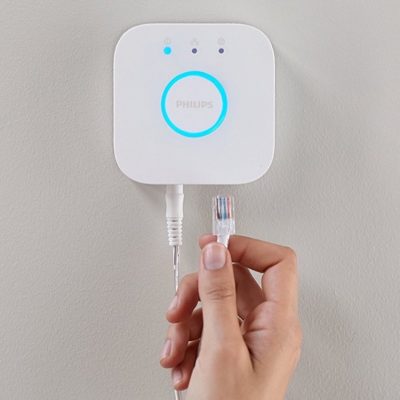

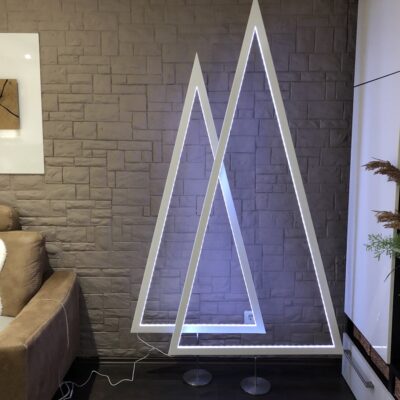




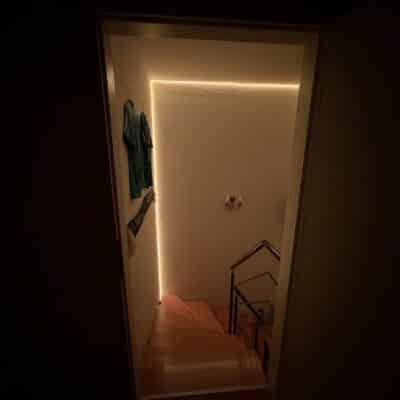

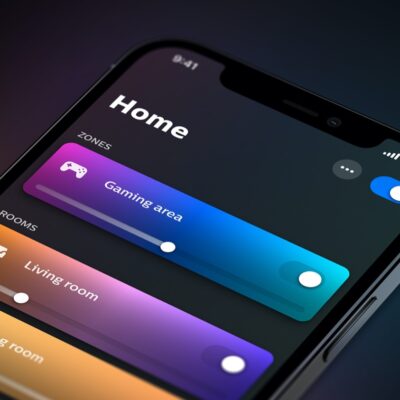



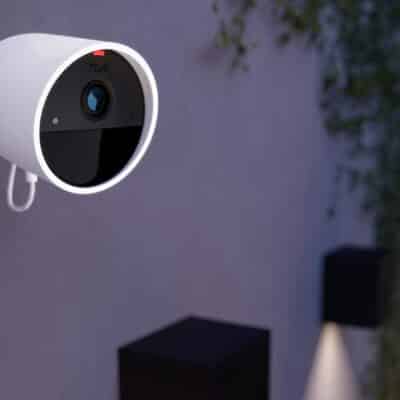


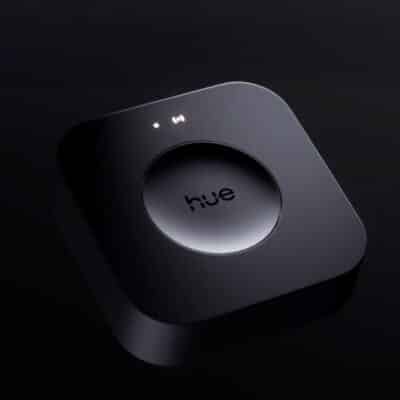




A great advantage of using wireless signal disturbances technology, such as recently proposed for Zigbee but already used by some Wiz products, is that true occupancy/vacancy sensing becomes possible, and not just motion detection as currently done with PIR sensors. This is probably more significant for customers than saving the cost of a motion sensor, which may still be needed for its light level sensing.
Since the Wiz Spacesense feature is currently subscription free, I hope this indicates that a Hue equivalent will not be part of a subscription of any kind.
If the new sensing technology can be run locally, perhaps it will be necessary to use a new Bridge with more internal resources? This would be a compelling reason to upgrade on its own.
Any service that uses only the hardware I already have and depending on nothing else should not be a premium subscription. If they do this, it’d be a scam, moreso if WiZ has it under non-scammy terms.
So, I hope this is another article that’s a bad take from you and it actually won’t happen.